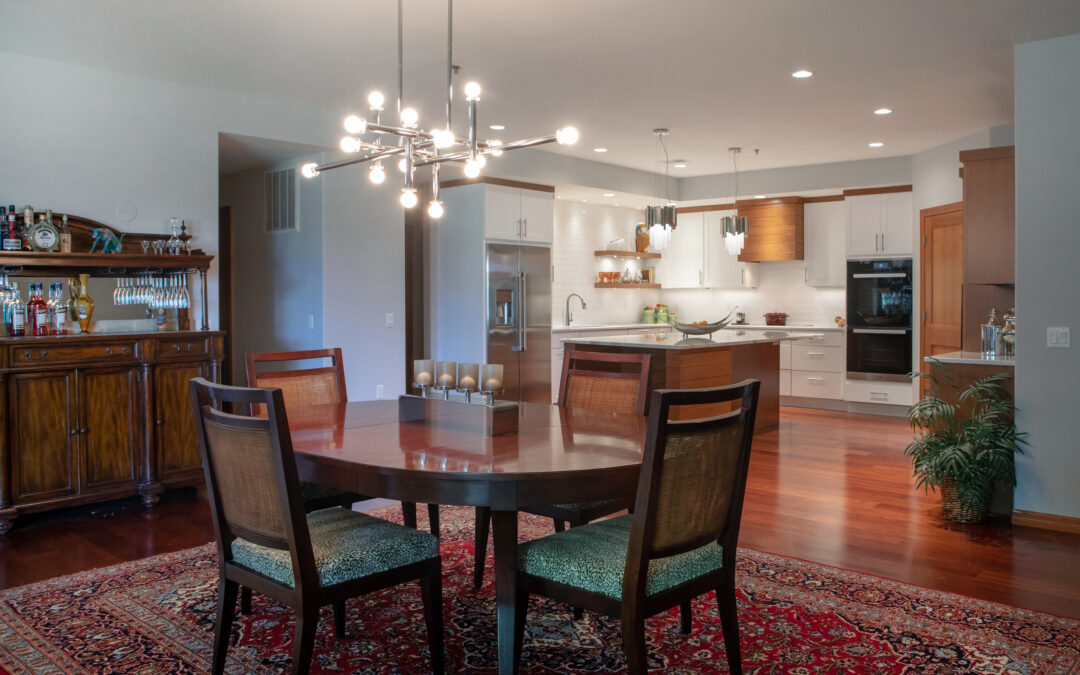Questions You Need to Ask Yourself Before You Start
Creating the perfect home remodeling project to increase your home value doesn’t happen without considerable effort. Like anything worth doing, it’s worth doing right. Patience and hard work have great rewards!
This series will cover foundation principles in four articles: 1) Questions You Need to Ask Yourself Before You Start, 2) Creating Your Brand: Putting Your Spin on Timeless Upgrades, 3) Steps to Take Before You Start, and 4) Questions You Need to Ask Your Contractor Before You Start.
Home remodeling projects are serious investments of time, energy, and of course, money. Even small remodeling projects require a significant amount of these resources. Answering these questions before you get started will provide the blueprint, if you’ll pardon the pun, for a successful home remodeling project to increase your home’s value.
Why are you remodeling?
This is the first and foremost question to answer; surprisingly, isn’t your budget. If you are remodeling to sell in the reasonably near future, your budget and choices are more constrained than if you have a longer vision. Even if you’re in it for the foreseeable future, it’s generally not recommended to significantly over-improve a home. Additional questions are:
- Do the home’s current value and expected sale price support remodeling? Consulting real estate professionals, several if possible, provides a monetary basis to work from, and they can advise you on what the neighborhood supports. Granite countertops may not add value to a small starter home, but a refreshed kitchen and bath may.
If the remodel is to enhance the enjoyment and functionality of a home you plan to stay in for a longer period, then these are questions you’ll want to ask yourself:
- What room or rooms do I want to change?
- How will I/we use these rooms? For example, do you want a chef’s kitchen designed primarily for the cook, or do you want to entertain in the space?
- If only looking to remodel one room – the kitchen, for example – what rooms adjoin it and how will the updated kitchen relate to them after the remodel? In other words, after the kitchen remodel, what will the sight lines reveal in the adjoining rooms? They may need at least some refreshing.
What is your budget?
The budget needs to be appropriate for your “why,” be realistic and contain a contingency amount. In other words, if your all-in budget is $10,000, some portion of that needs to be set aside for unexpected costs. Any unspent contingency fund is a great opportunity to indulge in some of the extras, or just to keep tucked away for a rainy day!
The budget covers material and labor, of course, but depending on the scope of the project, costs may include demolition debris removal, permits, architectural or engineering reviews and drawings, and professional services fees, such as surveys, designers, and filing fees.
If the project will require you to be out of the home, be sure to include a realistic amount for living expenses.
What are the priorities?
Defining your priorities keeps you on budget. One suggestion is to make a “money is no object” list of what you need and want to see in this remodel. Then prioritize A, B, and C – Absolutely necessary, Be nice to have these, and Can get these later. Having these clearly outlined in front of you keeps you focused as you evaluate your choices.
Are you preparing the house for sale? It’s easy to upsell yourself so have strict priorities to keep the laminate flooring from becoming hardwood.
Is accessibility a factor? Is your goal to age in place?
This is far from an all-inclusive list of questions to ask yourself. This article in Houzz and this one have more insight into what to consider before beginning a home remodeling project to increase your home’s value.
It is well worth the effort to take your time in considering these questions and your answers to set the tone for a great experience.

